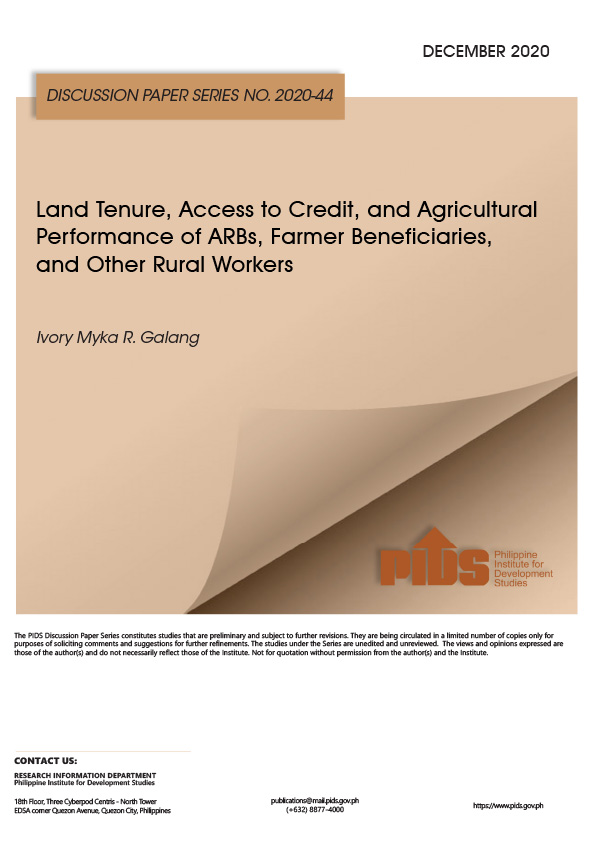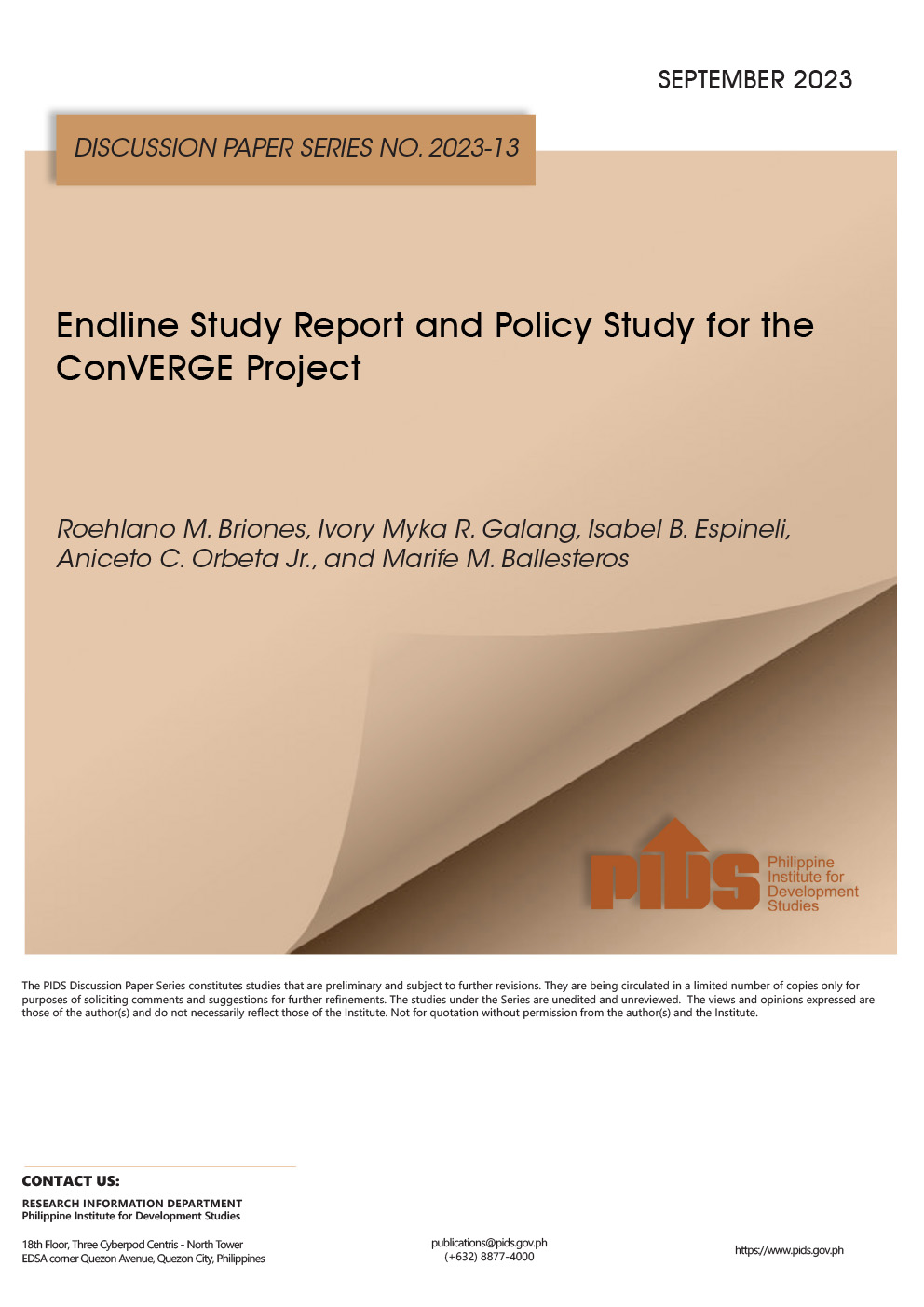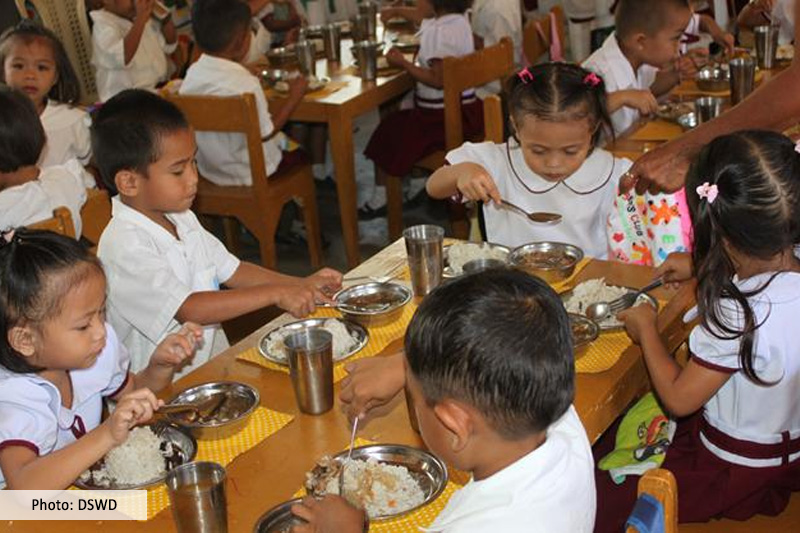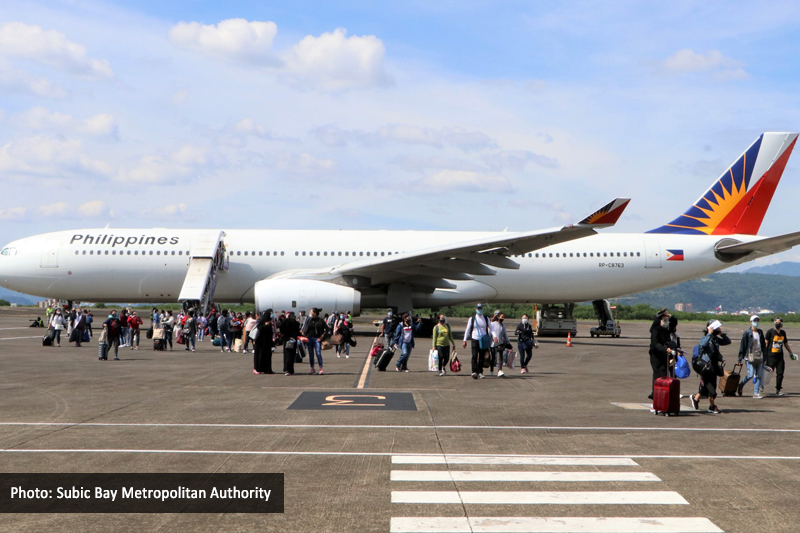SENATOR Ralph G. Recto said Friday he will push for Senate action on a measure relieving agrarian reform beneficiaries (ARBs) from penalties incurred in the course of taking on agricultural loans.
In Senate Bill No. 268, Mr. proposed to condone all loan penalties and interest among other charges from loans obtained via the Comprehensive Agrarian Reform Program (CARP).
The House of Representatives on Wednesday passed a counterpart measure on third and final reading.
Mr. Recto touted his bill as a relief measure in response to coronavirus disease 2019 (COVID-19), as it provides incentives to those engaged in food production.
Mr. Recto’s proposal, currently at committee level, will speed the farmers along in eventually taking ownership of the land.
“Landowners whose properties were subject to land redistribution will still be paid,” he added.
Further, Mr. Recto said the Senate Economic Planning Office has estimated that out of the P14.3 billion in loans granted through CARP between 1987 and 2004, only PP2.5 billion has been collected.
He also cited a study, conducted by the Philippine Institute for Development Studies (PIDS), that showed as of March 2015, the Land Bank of the Philippines (LANDBANK) has collected 51% of amortization and interest payments on these loans.
“There is a huge administrative cost in managing this important aspect of the agrarian reform program. In fact, in one study, the system to collect loan payments from CARP beneficiaries was not fully put in place due to the high cost,” he said.
In Senate Bill No. 268, Mr. proposed to condone all loan penalties and interest among other charges from loans obtained via the Comprehensive Agrarian Reform Program (CARP).
The House of Representatives on Wednesday passed a counterpart measure on third and final reading.
Mr. Recto touted his bill as a relief measure in response to coronavirus disease 2019 (COVID-19), as it provides incentives to those engaged in food production.
Mr. Recto’s proposal, currently at committee level, will speed the farmers along in eventually taking ownership of the land.
“Landowners whose properties were subject to land redistribution will still be paid,” he added.
Further, Mr. Recto said the Senate Economic Planning Office has estimated that out of the P14.3 billion in loans granted through CARP between 1987 and 2004, only PP2.5 billion has been collected.
He also cited a study, conducted by the Philippine Institute for Development Studies (PIDS), that showed as of March 2015, the Land Bank of the Philippines (LANDBANK) has collected 51% of amortization and interest payments on these loans.
“There is a huge administrative cost in managing this important aspect of the agrarian reform program. In fact, in one study, the system to collect loan payments from CARP beneficiaries was not fully put in place due to the high cost,” he said.





